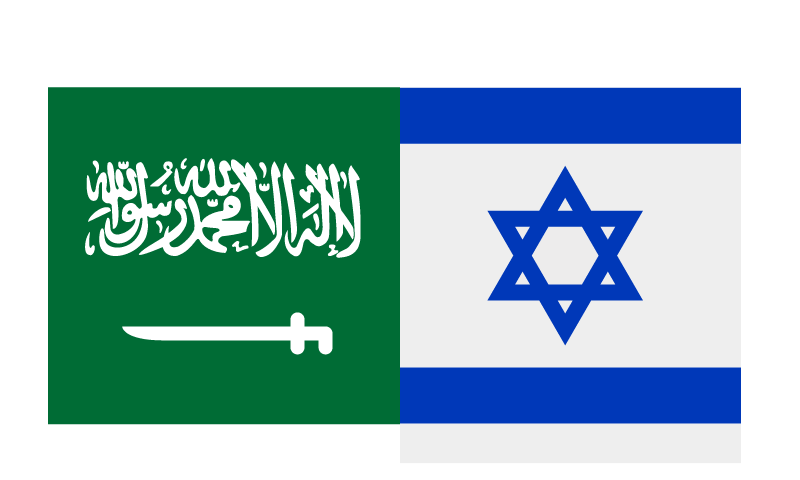Seth J. Frantzman
Jerusalem Post, June 29, 2023
“Normalization could happen, however, the election of a right-wing government is a setback. Normalization could happen, but first there must be comprehensive peace, and the right-wing government makes that harder.”
Integration of the Middle East as a group of countries in a region is important, including sovereign states with a “shared and common interest,” Saudi Arabian Ambassador to the US Princess Reema bint Bandar Al Saud recently told the Jewish Insider news site. “Integration means our people collaborate, our businesses collaborate, and our youth thrive.”
Her comments were made at the Aspen Ideas Festival. On the one hand, although she didn’t mention Israel, this can serve as an example of how mainstream the discussion of Israel-Saudi ties has become, appearing to be in a constant spotlight these days. As such, normalization has been put on a pedestal, and every small incident in Israel, or the Gulf or the US is then tied to it.
This focus can create a potentially problematic linkage, however, because it requires a response on every occasion to see whether the latest news may reduce or improve the chances for normalization. It also has the unintended consequence of sometimes appearing to strain ties or create illusions of tensions.
Saudi Arabia, for instance, has expressed concern over recent violence in the West Bank. With the spotlight on potential ties, every clash necessarily becomes a potential setback.
While both Saudi Arabia and Israel are interested in normalization, and both want the US to play a role in it, the current clashes in the West Bank are akin to a fire burning in their backyard, US Secretary of State Antony Blinken recently told the Council on Foreign Relations.
[To read the full article, click here]
________________________________________


